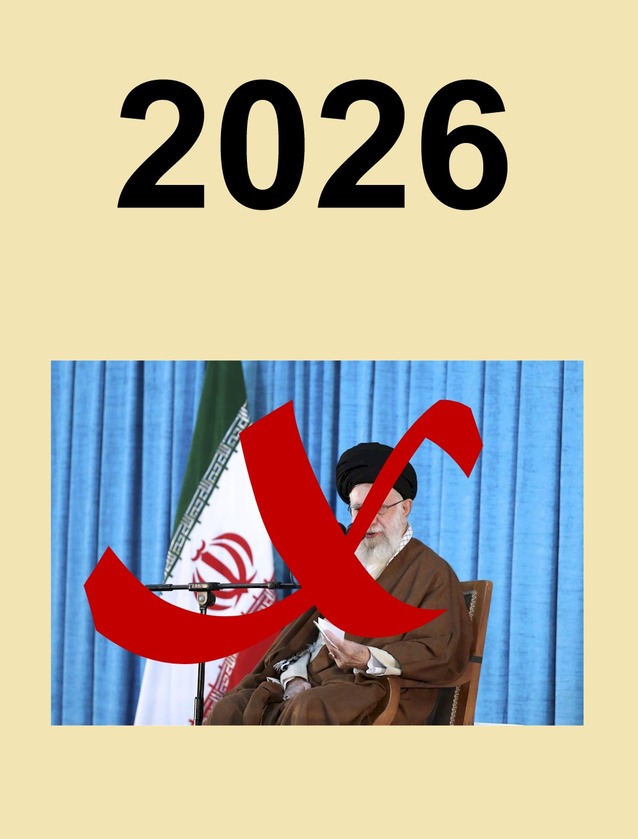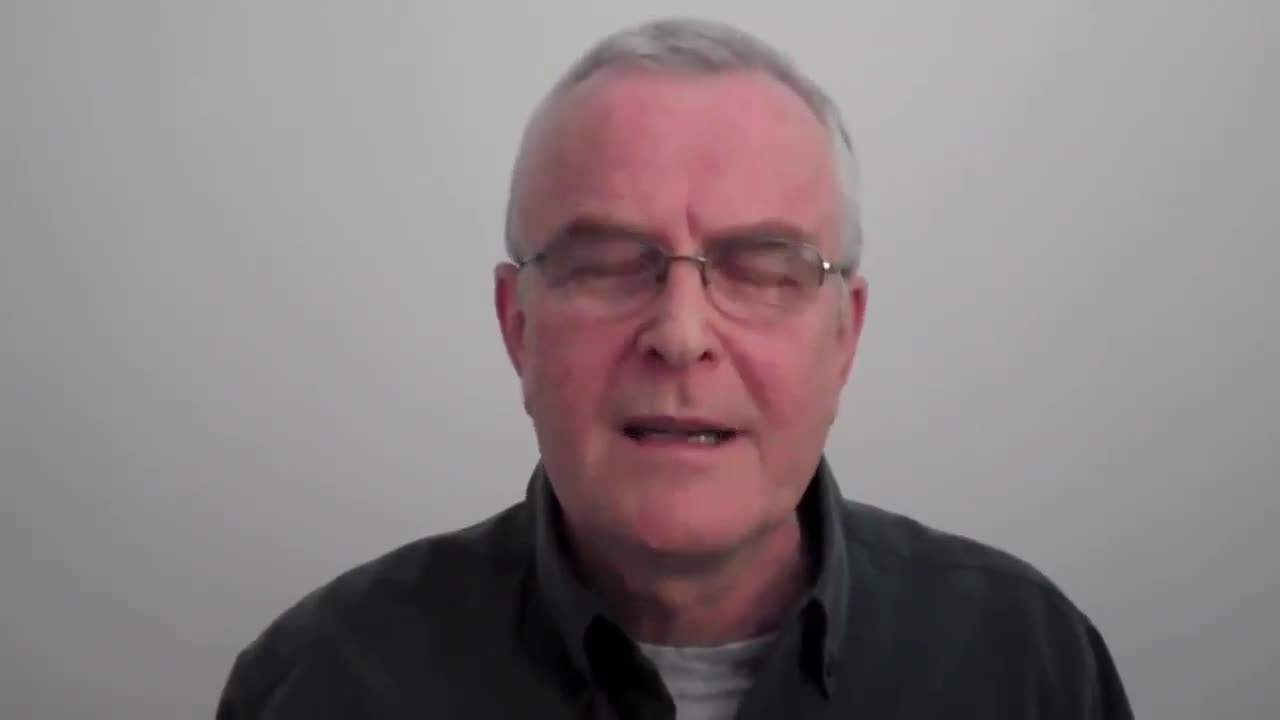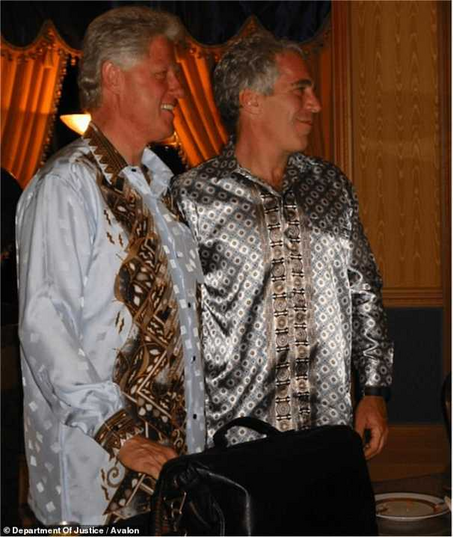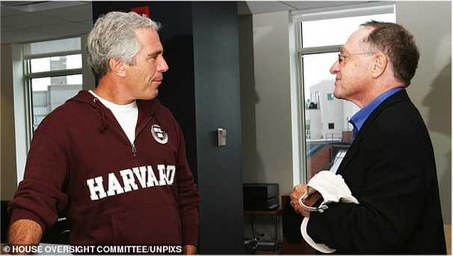We now know that the alleged suicide letter from Jeffrey Epstein to Larry Nassar is a forgery and a fake. We will soon learn – if all the evidence is released – that some of the accusations and allegations are as phony as the letter. Some of the alleged survivors and victims never even met Epstein or others they have accused. They and their lawyers simply filed demands for money and got it without any proof. Others exaggerated what happened, while still others pimped underage girls to Epstein for $250 a girl.
The so called “smoking gun” complaint by Maria Farmer to the FBI back in 1996 proves the opposite of what Farmer and much of the media claim. In her complaint she never says that she, her sister or anyone else were ever abused. She doesn’t even claim Epstein had sex with her. If she had been victimized by Epstein she would have reported that to the FBI and they surely would have investigated it. Had they investigated Farmer, they would have found her to be a nut case who denies the Holocaust, believes that Jewish pedophiles control the world, and makes up stories that are easily disproved. If the FBI didn’t investigate, it’s because she merely said that Epstein had stolen artistic photographs she had taken of her partially nude underage sisters. The FBI doesn’t investigate theft, and semi-nude pictures of young girls taken by their artist sister hardly qualifies as the crime of the century. The Farmer complaint is the “dog that didn’t bark:” it’s the absence of any claim of physical abuse that is most relevant.
Then there is Sarah Ransomme who claimed she had videos of Hillary and Bill Clinton, as well as Donald Trump and Richard Branson having sex with underage girls. She subsequently admitted there were no such tapes and that she made up the false accusations. If her accusations were to be released but her admission redacted – which is what the statute literally requires – the result would be unfair to the falsely accused.
If all of the evidence is released with no redactions, it will become clear that the notorious Epstein case, with its “gotcha” partisan accusations from both sides, is essentially a modern replication of the awful McCarthyism of the 1950’s, which I experienced as a young student.
There are innocent Epstein victims who are telling the truth about having been abused, though many fewer than the media claims – just as there were real communists in the 1950s but far fewer than McCarthy claimed. . But there are also falsely accused innocents, as there were during the original McCarthyism.
McCarthyism destroyed lives – many of them innocent – by promiscuously hurling accusations of communist affiliation, while denying those accused any semblance of due process or opportunity to defend themselves.
Nearly all the denials of civil liberties that characterized the original McCarthyism are being replicated in the new Epstein McCarthyism.
Among them are guilt by association, which implies that anyone who knew Epstein must be somehow complicit in his crimes; anonymous accusations which deny the accused the right to confront their accusers; guilt by accusation, which assumes that all accusations must be believed, even if made by alleged “victims” or “survivors” with histories of lying; suppressing evidence that would prove that some accusers may not be credible or may themselves have been perpetrators; attacking lawyers who defend accused perpetrators, and accusing them of being facilitators; refusal by politicians on both sides, as well as the media and civil liberties groups, to raise civil liberties concern, out of fear they will be accused of victim shaming and siding with perpetrators.
Let me begin with guilt by association, Democrats are suggesting that president Trump must be complicit in some wrongdoing because he was associated with Epstein, while Republicans are making similar claims with regard to former President Clinton. Both are in photos recently released by the Justice Department, though there is no evidence of any criminal behavior on the part of either of them, or on the part of many others whose names or photos have been released pursuant to the recent statute.
During the 1950’s Senator Joseph McCarthy would stand on the floor of the senate holding a list of government employees he claimed were communists or fellow travelers. Because he was a member of congress, he was immune from being sued for defamation. Similarly, current members of congress have threatened to read lists of accused sexual offenders.
Members of both political parties have demanded that the names of anyone accused of misconduct be disclosed while insisting that the names and backgrounds of their victim-accusers be redacted. This unfairness would deny wrongly accused individuals the right to confront their accusers and to present evidence regarding the credibility, or lack thereof, of false accusers. There is irrefutable evidence that some accusers have lied or exaggerated, while others, while adults, were themselves complicit in recruiting underage females for Epstein.
When someone accuses another of wrongdoing, they forgo any right of privacy or anonymity. Accusations are not the same as findings guilt following a fair evidentiary process, even in the context of sexual misconduct. The presumption of innocence must be applied in all cases.
During McCarthyism, many people were afraid to speak out against its abuses for fear of being accused of being sympathetic to communism. They were called “commy-symps” and some lost their jobs. Today, few if any politicians would risk being labeled “victim-shamers” or Epstein supporters. Even the media, civil liberties organizations and defense lawyers have remained silent about the denial of the most basic rights to those who have been and will be found guilty in the court of public opinion of guilt by association or accusation.
What Jeffrey Epstein did was terrible. If anyone was complicit in his crimes, they should be punished. If anyone was aware in real time of his ongoing crimes and remained silent, they should be criticized. But merely associating with this bad person before his extensive criminal behavior was known – or being his lawyer and defending him legally, as I did – is not a proper basis for McCarthyistic attacks.[1]
The great judge Oliver Wendell Holmes once quipped that hard cases make bad law. It is equally true that bad people create bad precedents that are ultimately applied to good people. The frenzy over the Epstein files has already caused a dangerous statute to be enacted by Congress, requiring the selective disclosure of accusations but not of information that might disprove some of those accusations. It also caused partisan accusations against political enemies who did nothing wrong. Just as half-truths are often worse than full-out lies, so too half-disclosures may be worse than full disclosure. From the beginning, I have called for full disclosure of everything, with no redactions. Sunlight is the best disinfectant, especially in politics. Full disclosure is the best remedy to the new McCarthyism. Let a fully informed public, not government officials, judge what is relevant, incriminating or exculpatory. Selective disclosure is censorship, and government censorship rarely produces the whole truth and nothing but the truth. Moreover, it generates distrust and conspiracy theories that create a never-ending cycle of accusations and counteraccusations.
The only way to end the new Epstein McCarthyism is for the government to disclose every document and permit any one whose names, images or emails are among them to explain, defend or justify their past connections to Epstein.
[1] Dershowitz was one of Epstein’s lawyers between 2005 and 2008, when he pleaded guilty, as part of a plea bargain, to soliciting sex from two females, one of whom was over 18 and the other 17½ years old.







 Merely associating with this bad person before his extensive criminal behavior was known – or being his lawyer and defending him legally, as I was, is not a proper basis for McCarthyistic attacks (Pictured: Photo of Epstein and Dershowitz released by Justice Department)
Merely associating with this bad person before his extensive criminal behavior was known – or being his lawyer and defending him legally, as I was, is not a proper basis for McCarthyistic attacks (Pictured: Photo of Epstein and Dershowitz released by Justice Department)










